A bird's lifespan depends on the species since avian life expectancies widely vary, with large birds generally having longer lifespans than small birds. In fact, most large parrot species have lifespans similar to humans or even longer in some cases. However, for other birds you have to do a little math to calculate where they're at in life.
Pet Bird Lifespans
The rate at which the bodies of many large parrots age is remarkably similar to that of the average person. This means the birds enter their life stages, such as middle age and old age, at roughly the same time humans do. And they develop age-related health issues, such as arthritis, during the same life stages, though this largely depends on their genetics, diet, and exercise regimen.
It's not as straightforward to pinpoint the life stage of many smaller species because their lifespans are much shorter. Some examples of these birds that are popular as pets include cockatiels, lovebirds, and quaker parrots. These particular species have an average life expectancy of around 20 years with quality care.
The average life expectancy for a human is around 80 years. So one could say a cockatiel that is 10 years old is actually around 40 years old in "human years." It's true the cockatiel is middle-aged at that point. However, that sort of calculation won't always work. Cockatiels generally reach adulthood at 1 year old, but humans wouldn't be considered adults at age 4.
Birds of all sizes tend to reach adulthood faster than humans, which gives them a better chance to survive and reproduce in the wild. But there's not enough research to determine at exactly what age a bird becomes middle-aged and when it's a senior. Still, like humans, you can expect roughly the first third of a bird's life to be growth into peak adulthood, the next third to be adulthood with a few age-related issues, and the final third to show age-related decline.
Caring for Your Pet Bird to Achieve a Long Life
As your bird gets older, it's important to support its body with a healthy diet that includes plenty of leafy greens, other vegetables, some fruits, grains, nuts, seeds, and pellets. You might even want to learn how to make chop to ensure there's variety in your bird's daily diet. "Chop" simply refers to a mix of fresh, nutritious foods for your bird that you make in a big batch and freeze in meal-size portions.
Moreover, be aware that an all-seed diet is typically not recommended for birds. Seeds are high in fat and deficient in many vitamins and minerals. Plus, many commercial seed mixes frequently have unhealthy additives, such as artificial coloring. Birds that only eat seed often have feathers that appear dull and brittle. And more serious health complications from this diet, such as fatty liver disease, can arise, especially once the bird hits middle age. Some seed can be a component of an overall healthy avian diet, but it shouldn't be the only thing you feed your bird if you want to maximize its lifespan.
Another factor to keep your bird healthy and happy is its routine. Plan a schedule that includes an adequate amount of exercise, as well as approximately 12 hours of uninterrupted sleep each night. Birds that aren't given enough space and encouragement (such as toys) to be physically active typically have shorter lifespans, much like their human counterparts who don't get enough exercise.
Finally, schedule regular wellness checks with an avian vet for your bird. Catching health problems in their early stages can mean life or death for a bird. Plus, your vet can determine whether your bird is starting to develop any age-related issues, such as joint stiffness. There are often steps you can take to mitigate these symptoms and extend your bird's years of quality life.

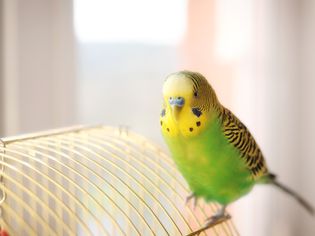
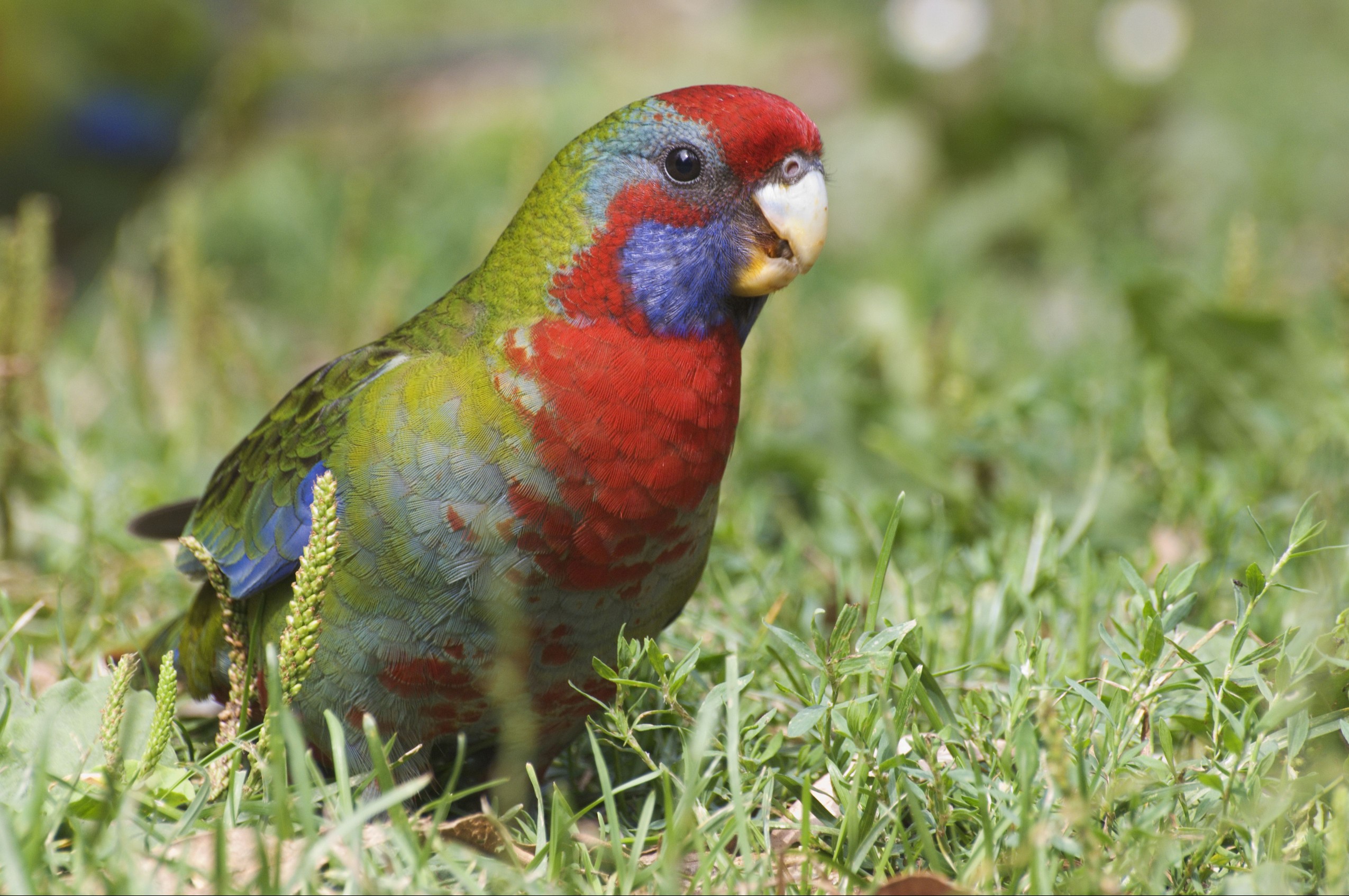
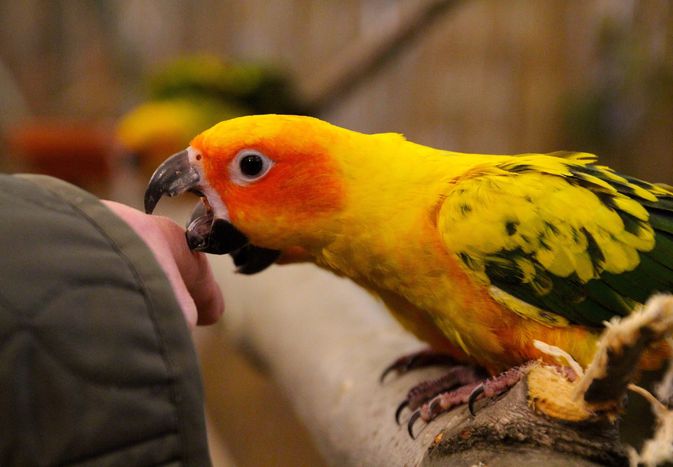

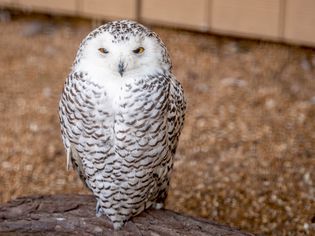
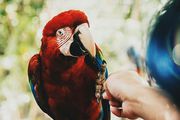
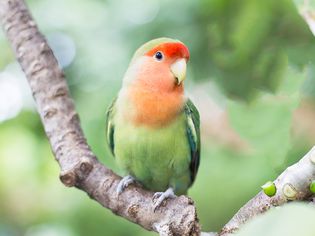
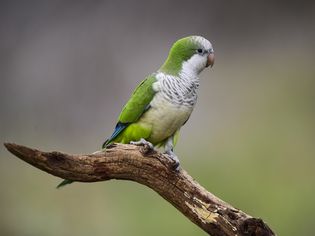
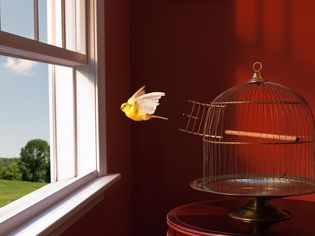
Comments on " How to Translate Your Bird's Age Into Human Years" :